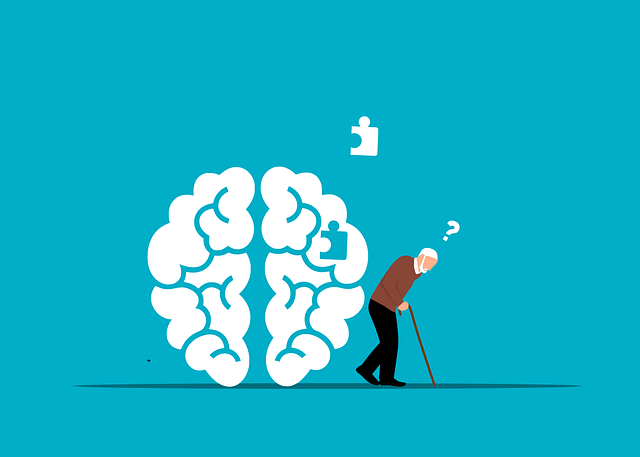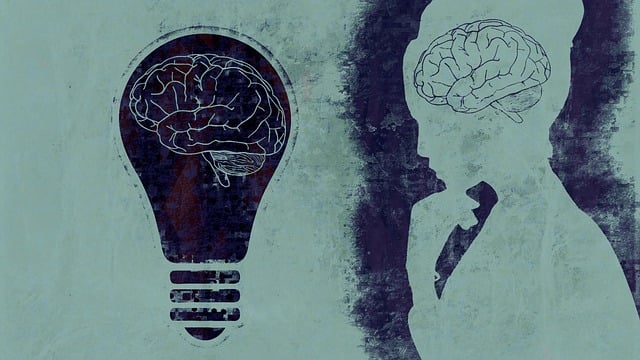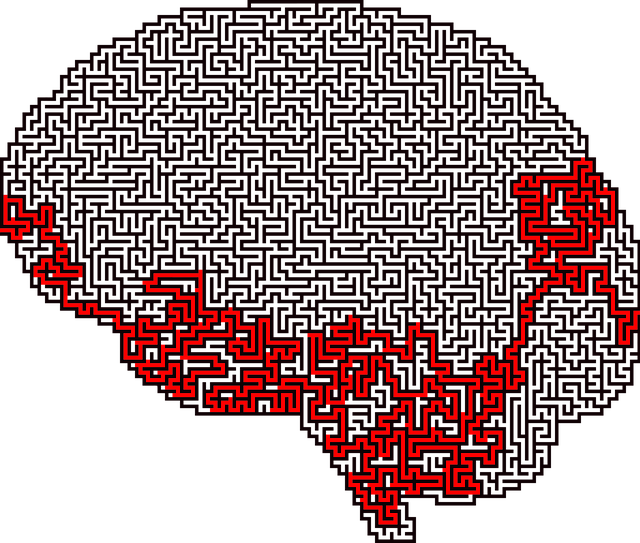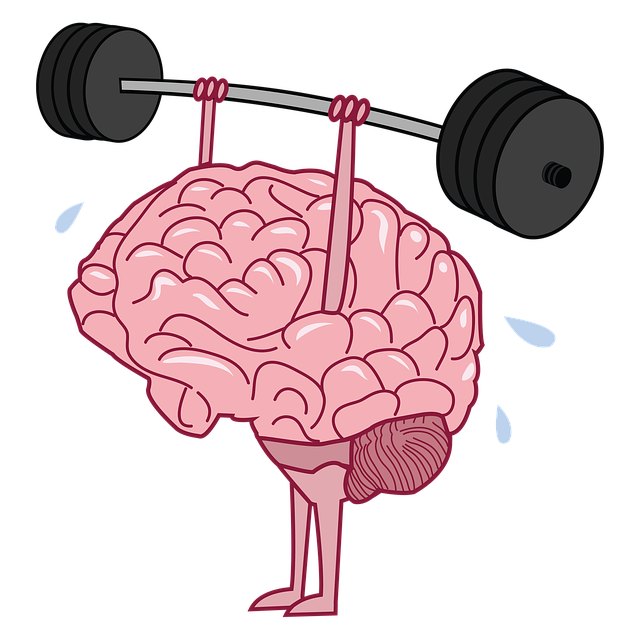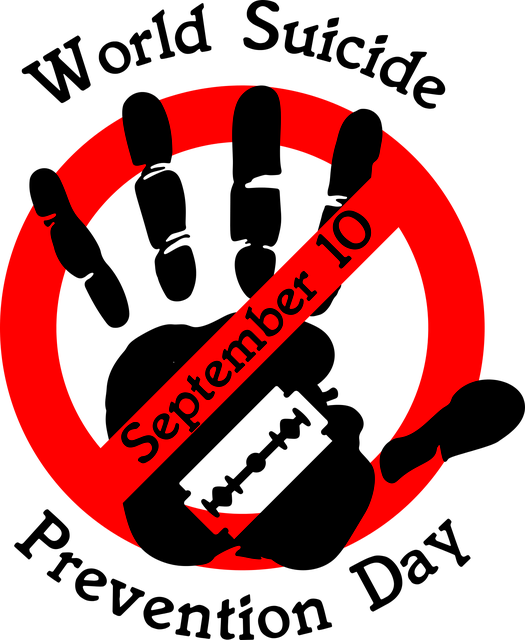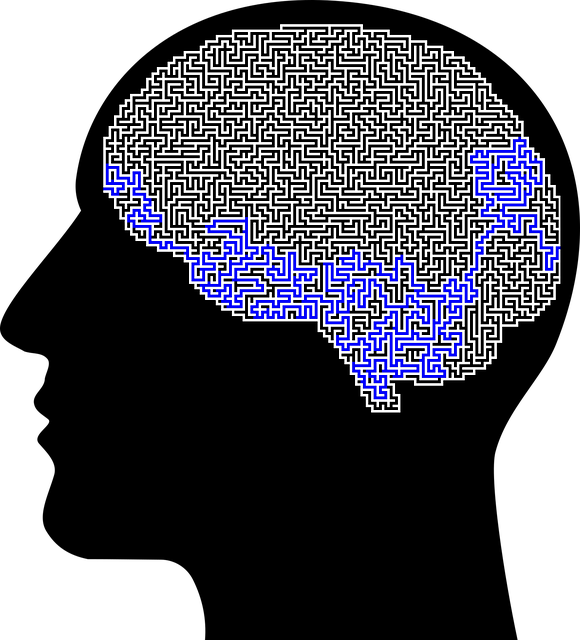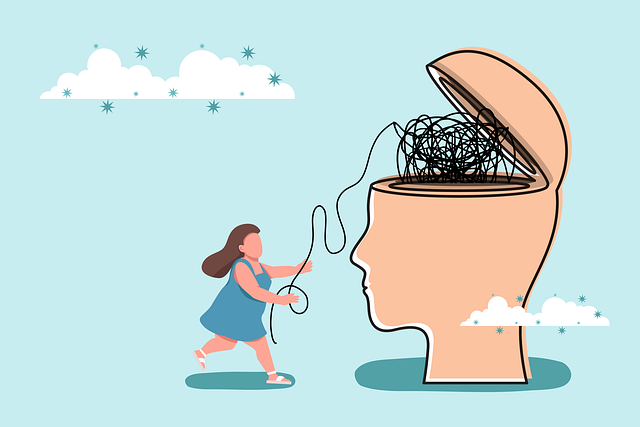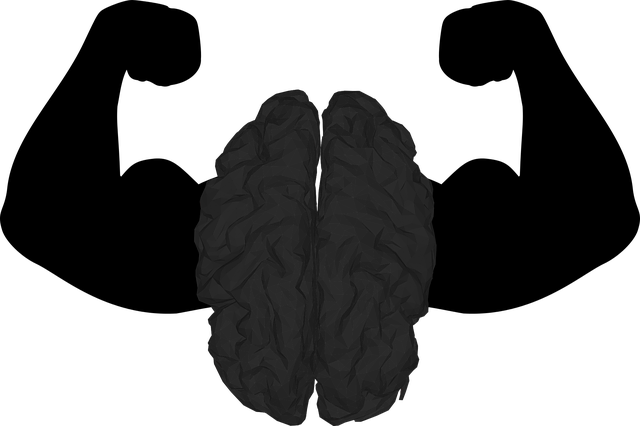Highlands Ranch Anger Management Therapy employs a comprehensive evaluation strategy to assess mental wellness program effectiveness, utilizing self-reported outcomes, standardized assessment tools, and participant feedback surveys. This multi-faceted approach allows them to tailor interventions, compare pre- and post-program results, and refine services like Public Awareness Campaigns and Stress Management Workshops. Long-term impact assessments gauge changes in daily functioning and overall well-being, ensuring the program's sustainability and continuous improvement. Feedback empowers therapists to integrate effective strategies and emphasize cultural competency training for diverse participants, ultimately enhancing mental wellness and community support.
Mental wellness programs are essential for fostering resilience, but evaluating their effectiveness is crucial. This article explores key methods used to assess the impact of initiatives like Highlands Ranch Anger Management Therapy. We delve into specific metrics and tools for gauging program success, the importance of participant feedback, and how long-term tracking reveals lasting effects. Additionally, we discuss strategies for continuous improvement based on these evaluations, ensuring programs remain dynamic and tailored to evolving needs.
- Assessing Program Effectiveness: Metrics and Tools
- Participant Feedback and Satisfaction Surveys
- Long-term Impact and Continuous Improvement Strategies
Assessing Program Effectiveness: Metrics and Tools

Evaluating the effectiveness of a mental wellness program is crucial for understanding its impact and making informed improvements. At Highlands Ranch Anger Management Therapy, we employ various metrics and tools to assess program success, ensuring that our interventions are tailored to meet individual needs. One key metric is participant self-reported outcomes, where individuals rate their emotional well-being, anger management skills, and overall satisfaction before and after the program.
Additionally, we utilize standardized assessment tools designed to measure specific aspects of mental wellness, such as stress levels, emotional regulation, and coping strategies. These tools help us compare pre- and post-program data, identifying areas of improvement and pinpointing aspects that may require further attention or refinement in our services, including Public Awareness Campaigns Development and Stress Management Workshops Organization.
Participant Feedback and Satisfaction Surveys

Participant feedback and satisfaction surveys are invaluable tools for evaluating mental wellness programs like those offered in Highlands Ranch Anger Management Therapy. These surveys provide insights into the program’s effectiveness, participant experiences, and areas for improvement. By gathering direct input from participants, therapists can better understand how their services resonate with clients, enhancing the overall quality of care.
The feedback obtained through these surveys not only highlights the positive impact of programs like Highlands Ranch Anger Management Therapy but also guides the integration of strategies such as Inner Strength Development and Mindfulness Meditation. Moreover, it underscores the importance of Healthcare Provider Cultural Competency Training in ensuring that services are inclusive and tailored to meet diverse participant needs.
Long-term Impact and Continuous Improvement Strategies

Evaluating the long-term impact of mental wellness programs is a vital step in understanding their effectiveness and identifying areas for improvement. High-quality assessment methods can reveal how participants’ lives are transformed over time, extending beyond the immediate effects of therapy sessions. By measuring changes in daily functioning, relationships, and overall well-being, researchers and practitioners can gauge the sustainability of positive outcomes. This long-term perspective is crucial for refining programs like Highlands Ranch Anger Management Therapy to ensure they remain impactful and relevant.
Continuous improvement strategies are an integral part of this process. Programs that encourage self-awareness exercises and promote healthy self-care practices can empower individuals to maintain their mental wellness in the long run. By fostering resilience and providing tools for managing challenges, these initiatives support participants in preventing burnout and relapses. Such proactive approaches not only enhance individual lives but also contribute to creating a more supportive community where mental health is prioritized and nurtured.
Evaluating mental wellness programs, such as those offering anger management therapy in Highlands Ranch, is essential for ensuring their effectiveness and long-term success. By combining robust metrics, participant feedback through satisfaction surveys, and strategies for continuous improvement, programs can optimize their impact. This comprehensive approach allows for the identification of areas needing enhancement while celebrating successful outcomes. Through regular evaluation, mental wellness initiatives in Highlands Ranch can adapt to evolving needs, ultimately fostering better emotional well-being within the community.
